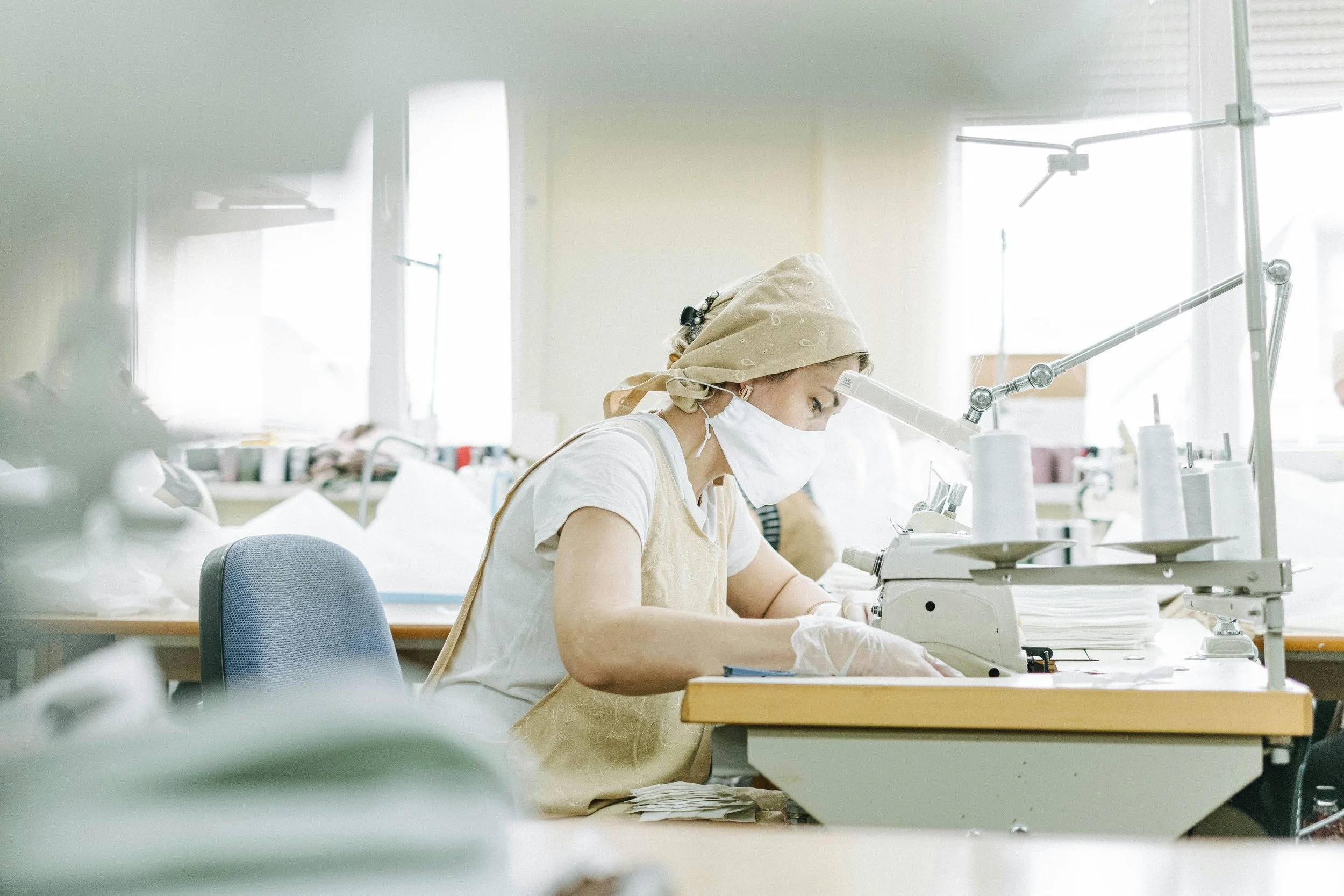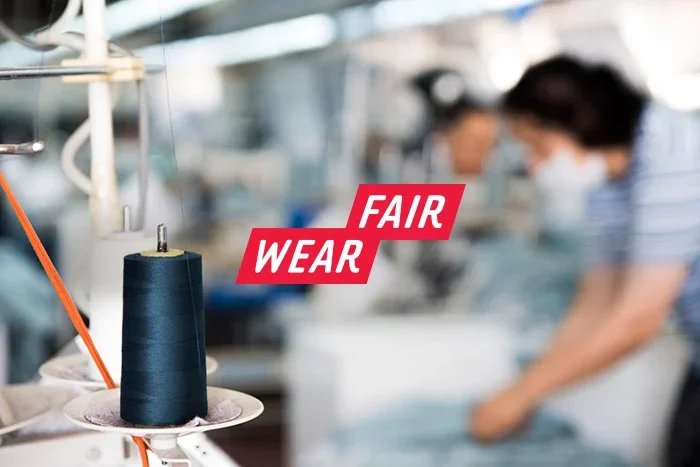
About Fair Wear
At Fair Wear, we’re pushing for a world where the global garment supply chain is a source of safe, dignified and decently paid employment, and in which human rights are respected.
The garment industry is changing. Evolving legislation makes for a complex landscape. Navigating it alone isn’t easy.
With over 25 years of experience, our pioneering frameworks and practical tools have helped hundreds of companies embed responsible business practices and improve the lives of millions of workers worldwide. We do this work together with our members, pioneers, and industry leaders who apply our methodologies in close collaboration with our experts.
Join us in creating a world of safe and dignified work for all by signing up to the HRDD Academy or becoming a Fair Wear member brand. Learn more below or at www.fairwear.org.
Fair Wear Membership
Member brands are crucial to the impact Fair Wear has. The 100+ members work towards the high bar that’s set in line with international standards and conventions, to minimise risk and prevent harm for workers.
These brands are committed to respecting the rights of workers and ensuring the factories they source from are safe and empowering places to work.
Membership
HRDD Academy
Access to Fair Wear HRDD resources
Lower fee
Access to a Human Rights & Business Advisor
Providing data at factory level
Access to Fair Wear’s Grievance Mechanism
Brand Accountability
The following is included in Fair Wear membership:
-
Fair Wear ensures brand accountability through our unique accountability tool: the Brand Performance Check. Since 2013, we have used the Brand Performance Check process to evaluate and publicly report on the human rights due diligence efforts of our members. It is the most important element of our shared responsibility approach to improving working conditions in garment, textile, and footwear supply chains.
-
Member brands have access to our in-country teams of independent experts who conduct Fair Wear onsite assessments (factory audits). These assessments measure a factory’s working conditions against local labour law and the eight labour standards in Fair Wear’s Code of Labour Practices, while also collecting input from workers and management.
-
Members also have access to Fair Wear’s Grievance Mechanism, which they can implement in their supply chains to facilitate access to remedy. The mechanism gives workers a direct line to Fair Wear, allowing them to safely and anonymously voice their concerns and complaints. This helps Fair Wear member brands identify problems in their supply chains and serves as a living record of the actions they take to address them. In this way, both brands and suppliers are held accountable for what happens on the factory floor. Our local teams investigate all complaints and play a key role in remediation.
-
Each brand is paired with a Fair Wear Human Rights & Business Advisor, whose role is to strategically guide the brand in its human rights efforts, inspire change, answer questions, and review work plans and reporting. They also provide guidance on issues such as potential risks, due diligence, and changes to purchasing practices that a brand may need to implement in its supply chain.



